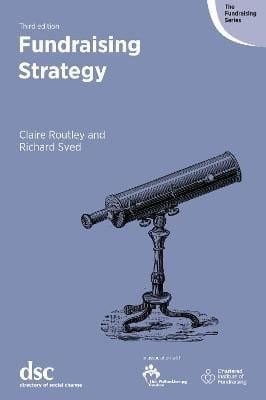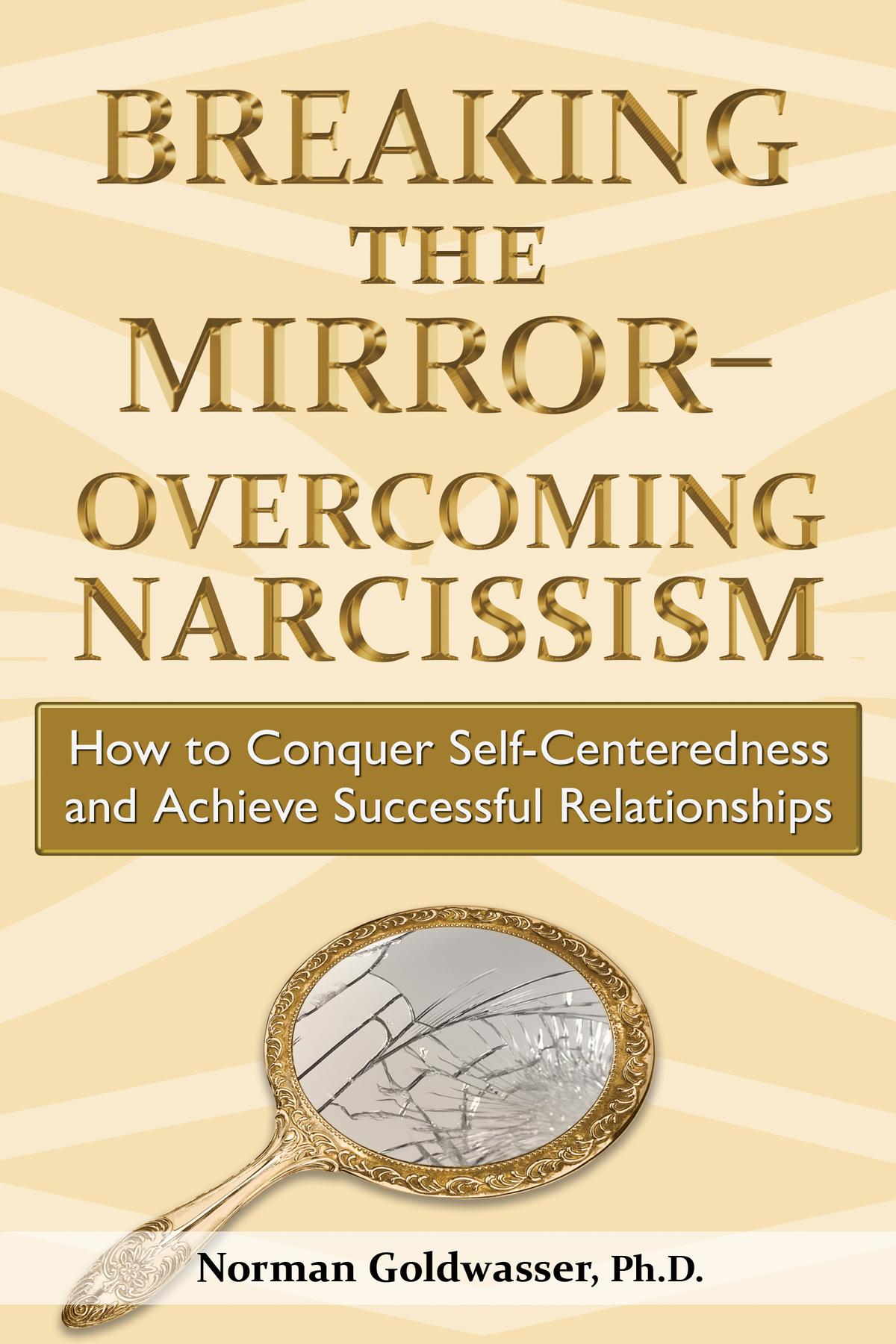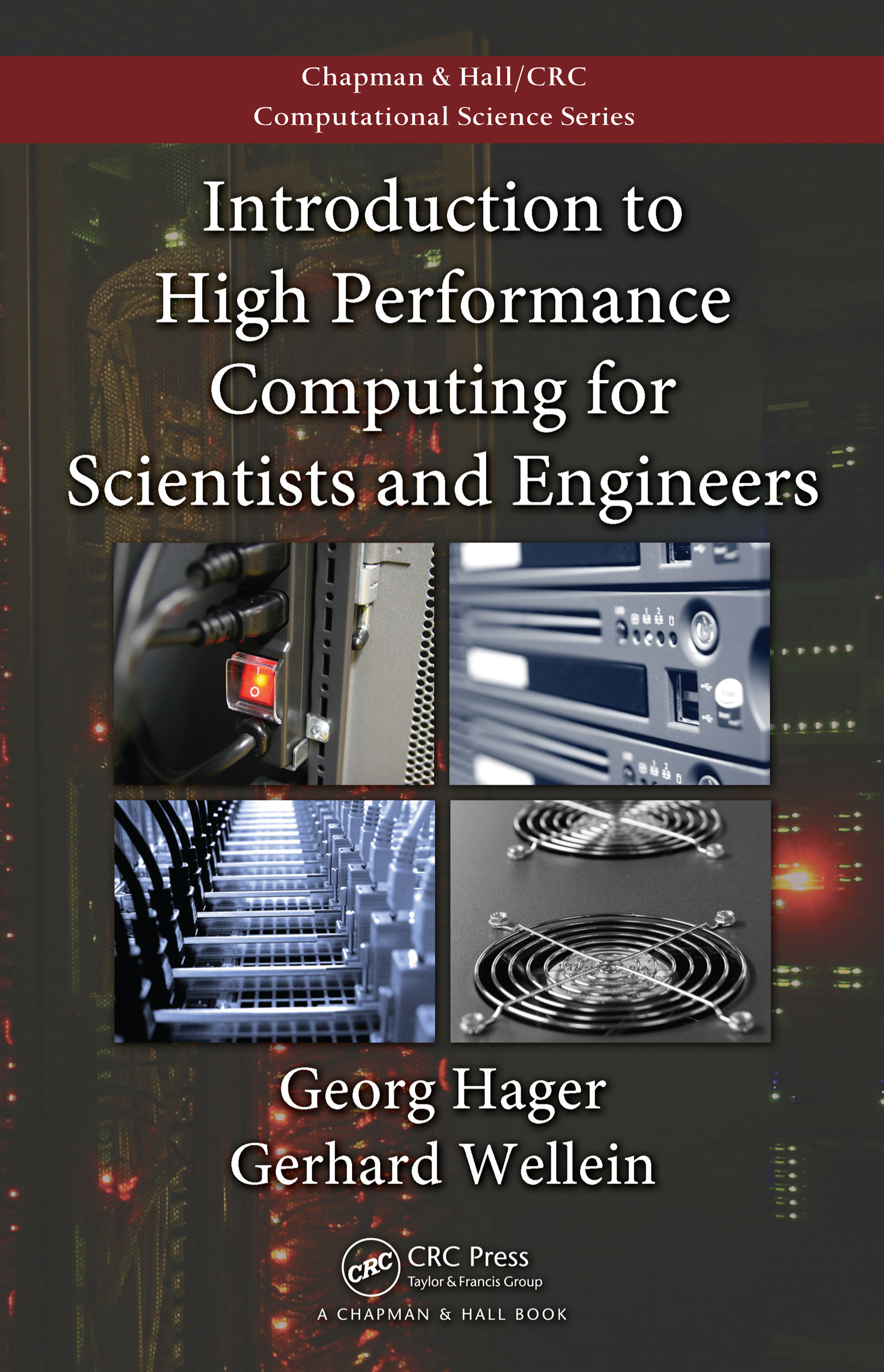It has been recognized for many years that cancers originating in the breast and prostate gland are frequently ’endocrine-dependent. ’ Traditional theraÂ- pies included surgical endocrine ablative procedures or pharmacologic horÂ- mone administration, both designed to antagonize the stimulatory effects of sex steroid hormones. In the past decade, several new treatment strategies for these tumors have emerged from basic studies in reproductive biology and mechanisms of action of steroid hormones. In some instances, these new treatments have eliminÂ- ated or reduced the need for major surgical ablative procedures or for toxic hormone therapy. The clinical role for other new treatments has not yet been clearly defined, although exciting preliminary data from recent clinical trials are now available. Thus, an objective review of the current status of these new therapeutic approaches is of interest. In this volume we have attempted to provide an in-depth review of both basic and clinical research involving several new treatment strategies for breast and prostate cancer. The first three chapters summarize preclinical and clinical studies of the luteinizing hormone-releasing hormone analogues, which can be used effectively to induce ‘medical castration. ’ Chapters 4, 5, and 6 review the rationale and clinical use of the compounds known collecÂ- tively as the aromatase inhibitors, which can also be used to suppress sex steroid hormone levels. Antiestrogen mechanism of action and its clinical implications for the design of innovative treatment approaches is considered in chapters 7 and 8.












